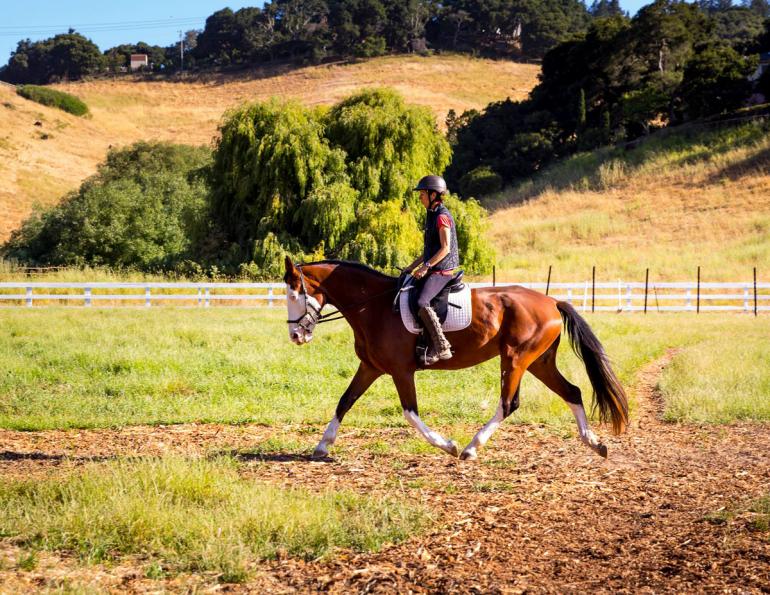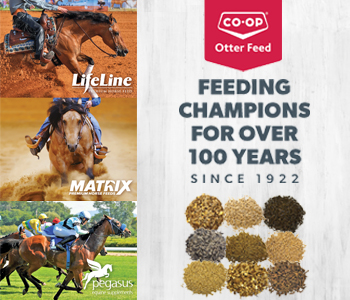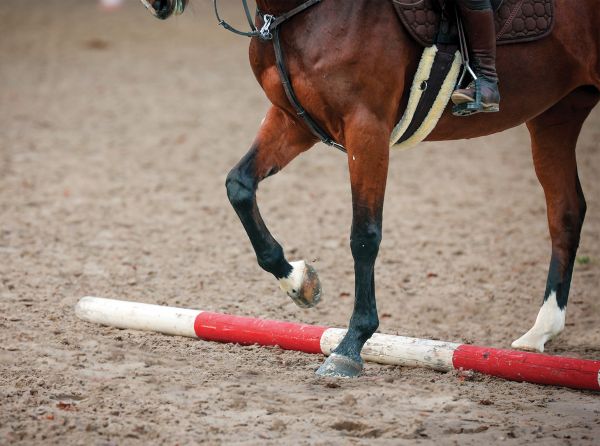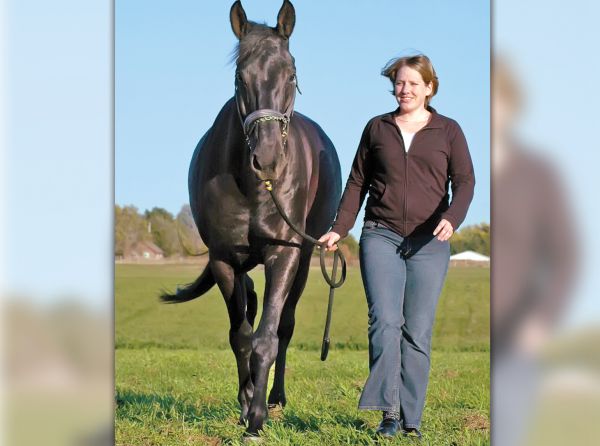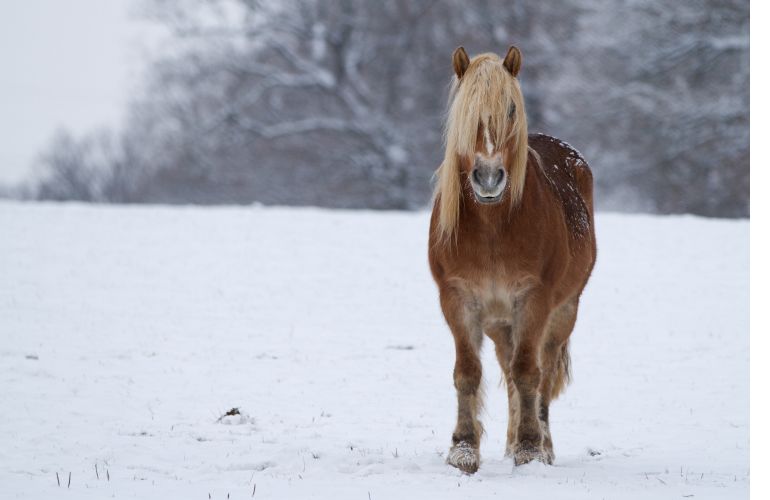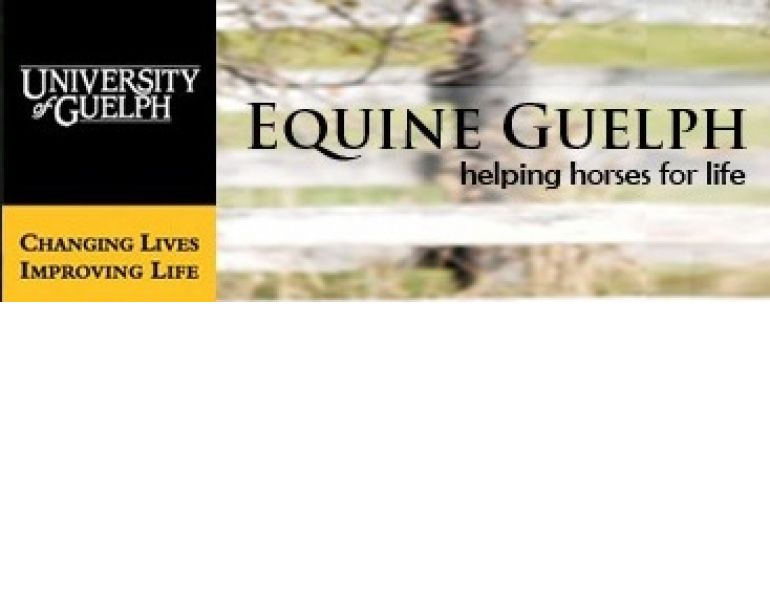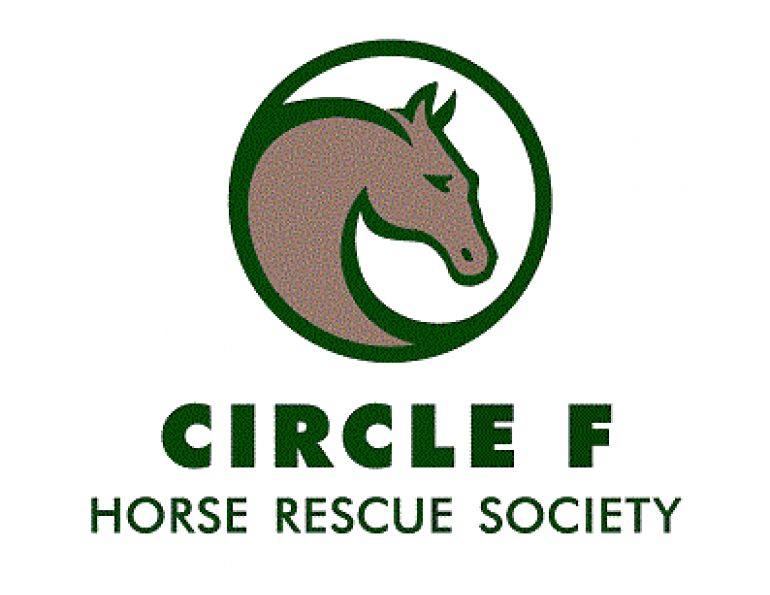By Margaret Evans
Before Aklilu Menberu was introduced to the Brooke Hospital for Animals, a London, UK, based aid organization, he didn’t know a lot about his donkeys’ needs. And it never really occurred to him to think about it. He is the father of four, and the family leader of eight. For eight years now he has collected, processed, and sold stones to support his family, trekking back and forth from the quarry, loading stones onto his donkeys, shaping the stones, and delivering the finished product to customers.
Aklilu lives in Hossana, Ethiopia. The country, considered one of Africa’s poorest nations, has a population of 88 million people and has the third largest equine population in the world, with about eight million horses, donkeys, and mules. These equines are the working lifeline for 85 percent of Ethiopians (39 percent of whom live below the poverty line).
Consequently, equines play a crucial role in the national economy.
Hossana, the capital of the Hadiya Zone, has a population of 70,000 and, despite the national poverty, building projects abound. Condos, government buildings, apartments, retail complexes, and individual stores are being erected, and the builders all need stone.
Building materials are supplied to the contractors by local suppliers. Donkey power is one of the means of transporting materials such as stone, sand, water, and cement to the building site, especially during times when road conditions make the use of vehicles difficult to impossible.
The stone is found around a reservoir in the nearby village of Ajjo, some five kilometres from Hossana.

Negedetsehai Akalewold, courtesy of the Brooke - Aklilu shapes stone in preparation for selling it to contractors, builders, and cemeteries.

Mulugeta Mekonnen, courtesy of the Brooke - Aklilu and his donkeys have both benefitted from the Brooke's training.
The stone industry means employment, either directly or indirectly, for about 160 people, with between 30 and 40 donkeys doing the heavy lifting. Each donkey helps its owner to earn 40 to 60 Ethiopian birr a day ($2.50 to $3.75 US), enough to cover a family’s living expenses.
But carrying stones means many donkeys are overloaded, overworked, underfed, and under watered. Wounds and infections from poorly fitting pack saddles and exhaustion from lack of food and water take their toll. Many owners do not seek help to treat their animals, abandoning them to fend for themselves and replacing them, if they have the means, by renting or buying another donkey.
According to a recent study done by the Brooke on the use of equines in Ethiopia, horses, donkeys, and mules are used by almost all households for pack services, cart services, gharry (taxi) use, and for rental. A donkey can be purchased for $70 US, while horses and mules are slightly more expensive. Then there are the costs of feed, shoes, and harness and cart upgrades and repair jobs.
The annual net income per household, according to the study, is around $330 US. But by enhancing equine performance through proper feeding and health care, the potential for greater returns is enormous. The income allows families to buy tools, clothing, and shoes, as well as pay for their children’s education.
The loss of a donkey to a family is also enormous. Without the means to work, a family may be unable to eat or send their children to school. In 2006, the Brooke Hospital for Animals began providing free veterinary care to equine owners and training them in simple animal husbandry.
“Having understood the significance of donkeys to families and the welfare of the animals, the Brooke in Ethiopia intervened by providing training in wound management and feeding of animals with methods that are not expensive to apply,” said Mulugeta Mekonnen, Brooke Ethiopia’s community development field officer, adding that they are striving to reach owners of about 1000 equines in and around Hossana.
The Brooke is named after its founder, Dorothy Brooke. Married to British cavalry officer Brigadier Geoffrey Brooke, she visited Cairo in 1930 and was horrified at the condition of Egypt’s working horses, many of which were war horses from World War I and which had been left in Egypt by British soldiers when the war was over. In 1934 she started the Old War Horse Memorial Hospital in Cairo to provide free veterinary care for the exhausted animals. Eventually the hospital became the Brooke Hospital for Animals with veterinary bases in many third world countries. The difference they have made in the lives of the animals and families has been huge.
Aklilu Menberu is one of the people who benefitted from the Brooke’s training. “Before the project intervention, we used to load six to seven times a day, three to five km for each round, which is estimated to be approximately 18 to 35 km of travelling per day carrying 50 to 60 kg of stone with ups and downs on the road,” he said. “There was no tradition of feeding them in between at all. The least we did was letting the donkeys graze the overgrazed pasture which is usually at dusk and exposes them to hyena bites. Nobody cared for their watering, and wounded donkeys were all around. Their work lifespan was not more than one to two years mostly.”
With training from the Brooke, things changed rapidly for Aklilu and his family. He now has four donkeys, three of which are called Bulla, Tsyem, and Merkreb. The forth one isn’t yet named as he only joined the group recently.
“From the project’s intervention we have learned and changed our practices,” Aklilu said. “We learned to treat wounds through water, salt, and Vaseline. We also use a saddler, which prevents wounds, and as a result you rarely see wounded donkeys. Our donkeys’ working lifespan has improved to six or seven years. Since our daily living depends on them, we properly feed them with wheat bran treated with edible oil, the knowledge gained from the project. [Now] our donkeys appear strong.”
He added that they have learned to cultivate forage seeds for donkeys. “Now we even know the symptoms before they get sick and we treat them well and give them the rest they need. As I have four donkeys I can give the working donkey rest and use the others alternatively.”
One donkey, one family at a time, the Brooke is changing lives and people’s futures.
To learn more about the Brooke’s work in Ethiopia, visit www.thebrooke.org.




